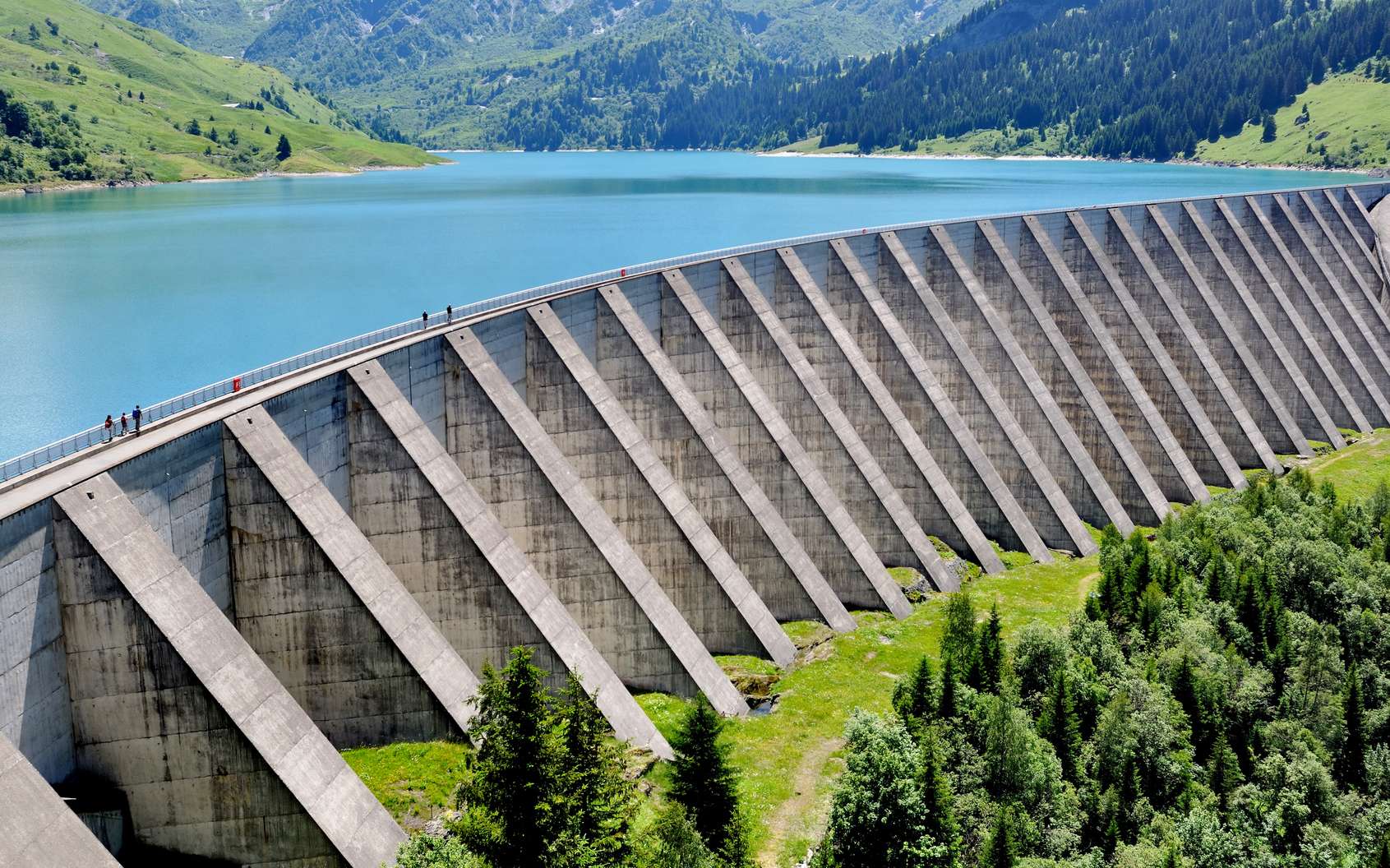With Morocco’s agricultural reservoirs reaching 3.77 billion cubic meters as of October 25—an increase from last year’s 24% to a new 27% capacity—the nation’s farming sector is poised for significant growth. This improvement in water reserves, confirmed by Agriculture Minister Ahmed El Bouari, suggests a promising season for crop irrigation and employment in rural areas.
During a parliamentary session on the ongoing agricultural season, Minister El Bouari shared that the Sebou and Loukkos basins hold 70% of these reserves. This concentration will support expanded irrigation efforts aimed at boosting Morocco’s domestic food supply and driving economic opportunities in rural communities. “With the water situation improving in some areas, we can allocate suitable volumes to irrigation,” he noted, highlighting how these measures can reinforce food security and job creation in agricultural zones.
The government’s irrigation plan includes a vast 400,000 hectares across major perimeters, with an additional 300,000 hectares dedicated to small and medium-scale hydraulic projects. Several key regions, including Moulouya, Gharb, Loukkos, Tafilalet, and Ouarzazate, will benefit from these irrigation projects. Further efforts are underway in Al Haouz and Doukkala, aimed at ensuring water is strategically distributed across the country.
In addition to expanding irrigated land, Minister El Bouari underscored efforts to strengthen sugar crop production—a critical component for economic stability in rural areas. The government’s target is to cultivate 45,000 hectares of sugar crops, reinforcing local economies and generating much-needed employment in these irrigated perimeters.
Morocco’s vegetable supply is also a priority, with government programs supporting essential crops like potatoes, tomatoes, and onions. By expanding cultivation to cover around 110,000 hectares, authorities aim to maintain a steady supply of staple vegetables at affordable prices for Moroccan consumers.
Animal husbandry is also in the spotlight this season. The government plans to boost national herds of sheep, goats, cattle, and camels to meet the country’s meat demands, alongside a ban on slaughtering female cattle to preserve herd populations. To alleviate the financial burdens faced by livestock farmers, the government will continue subsidizing animal feed, including barley and compound feeds, and will streamline support systems for these essential supplies.
A robust legal framework is also in the works to streamline the production and enhancement of animal farming practices, including regulations on artificial insemination. These measures aim to bring efficiency and professionalism to Morocco’s animal farming sector.
To back these ambitious agricultural plans, the Crédit Agricole Group has committed to offering financial support worth 12 billion dirhams. This investment is set to empower Moroccan farmers, enabling them to make the most of this year’s improved water reserves and carry forward an optimistic outlook for the season ahead.
